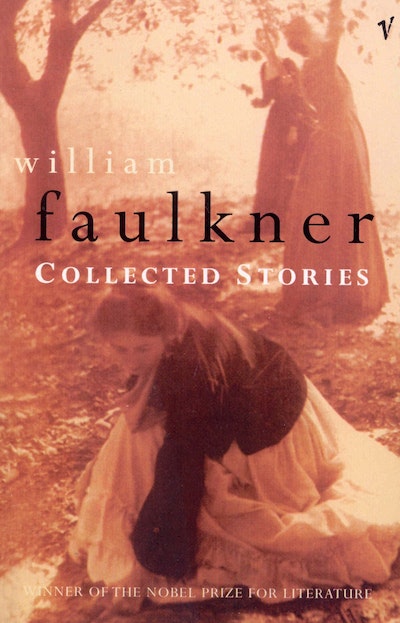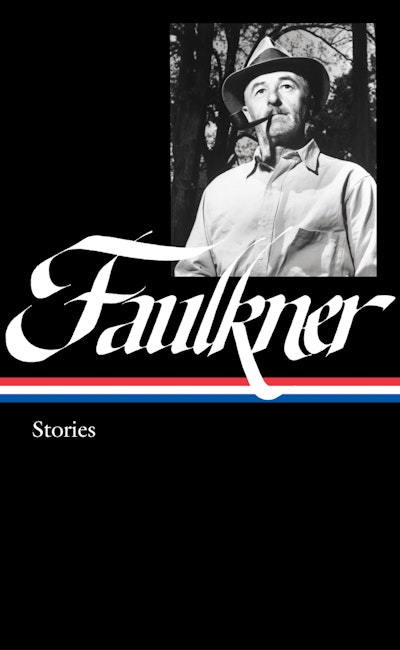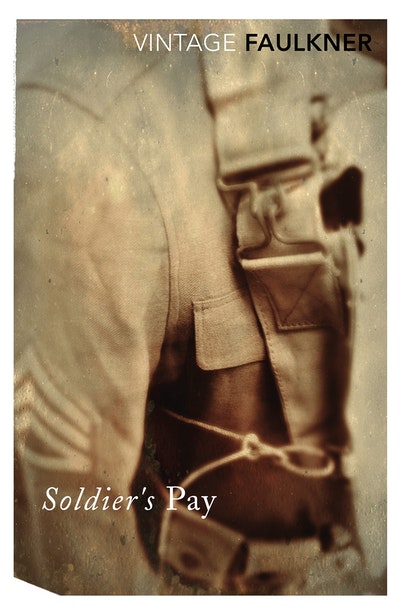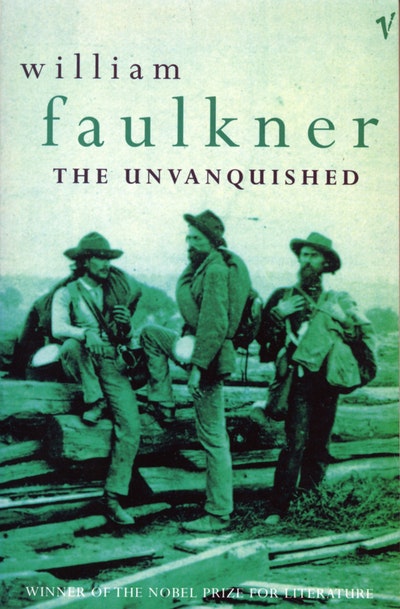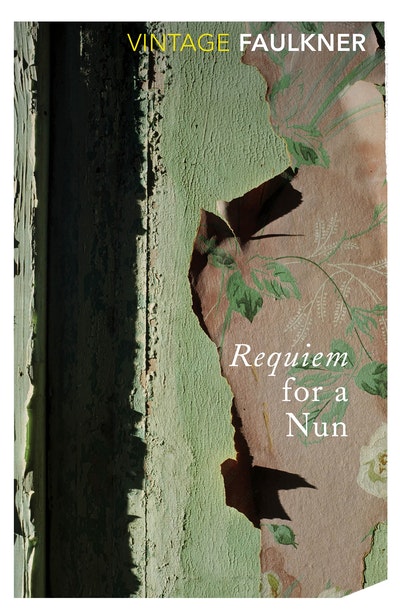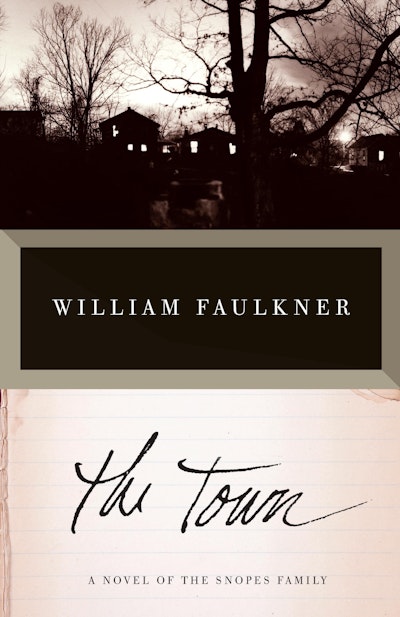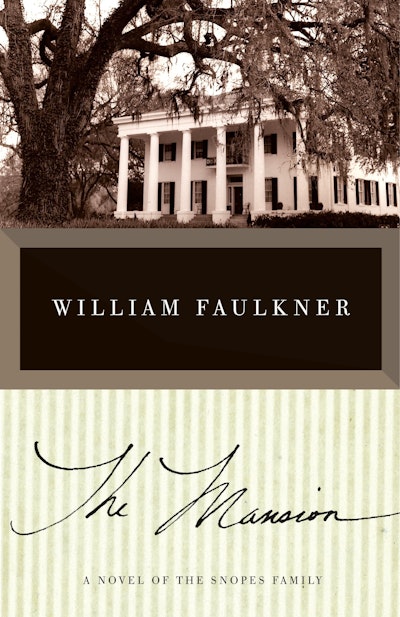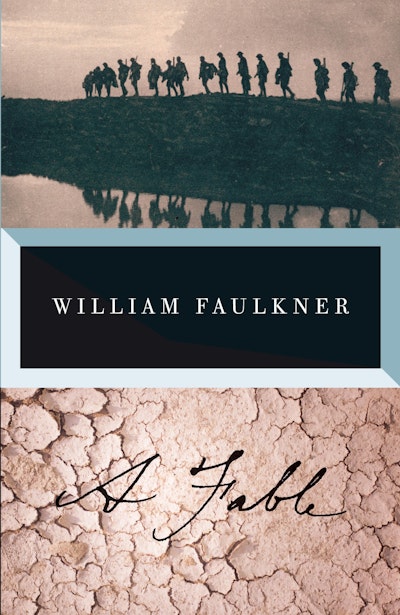Collected Stories
- Published: 31 August 2013
- ISBN: 9781448190928
- Imprint: Vintage Digital
- Format: EBook
- Pages: 912
For range of effect, philosophical weight, originality of style, variety of characterisation, humour and tragic intensity [Faulkner's Works] are without equal in our time and country
Robert Penn Warren
For all his concern with the South, Faulkner was actually seeking out the nature of man. Thus we must turn to him for that continuity of moral purpose which made which made for the greatness of our classics
Ralph Ellison
The magnitude of Faulkner's characters lies in their blood and bone and sinew: the exquisite specificity of their human fallibility... Faulkner seemed incapable of separating intimate character from universal truth, and this rough refusal - both humble and defiant - was at the root of his force as a writer... No other American writer has achieved such staggering heights of form
Boston Globe
No man ever put more of his heart and soul into the written word than did William Faulkner. If you want to know all you can about that heart and soul, the fiction where he put it is still right there
Eudora Welty
